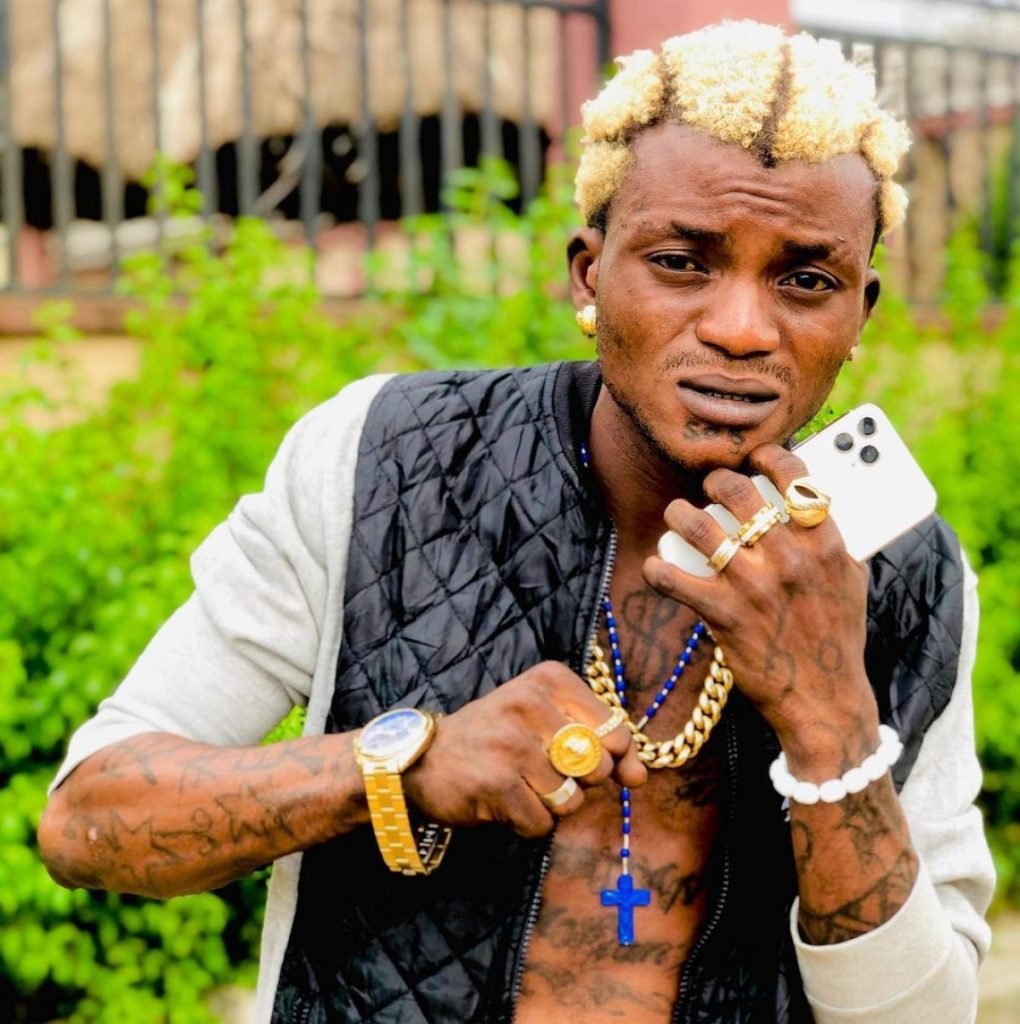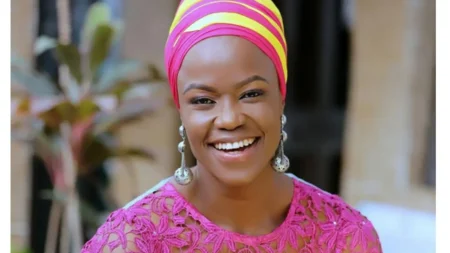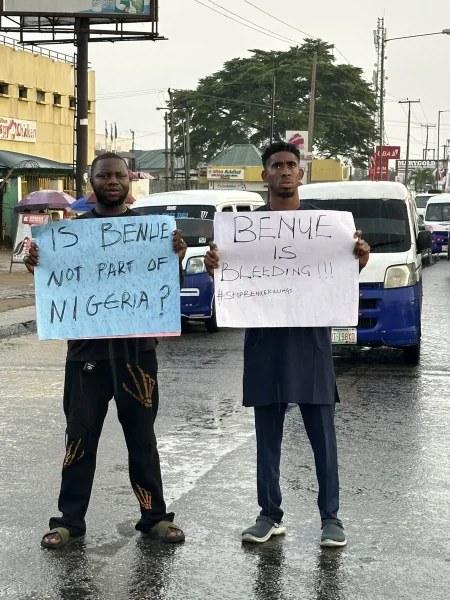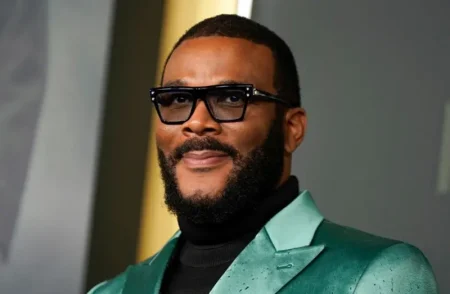Nigerian singer, Abdulazeez Okikiola, ‘Portable’ has ignited controversy after calling out fellow celebrities for their perceived hypocrisy in supporting popular music video director TG Omori during his medical crisis. Despite being lauded on social media, Portable argues that these expressions of “fake love” fail to translate into the financial assistance Omori desperately needs after his body rejects a donated kidney.
Portable’s accusations have raised eyebrows, particularly as he compared the lack of support for Omori to the past charitable donations made to Bobrisky, a controversial cross-dresser, from influencers like Don Jazzy and Victor Osimehn.
Portable’s comments have led to online discussions about the nature of celebrity support, with many calling for greater sincerity and tangible contributions from Nigerian stars.
This incident serves as a stark reminder that social media solidarity can be a double-edged sword—while it amplifies awareness about important issues, it also puts the spotlight on the disparity between performative activism and genuine, meaningful support.
Omori’s plight highlights the vulnerability of even the most successful individuals in the entertainment industry.
In the wake of Portable’s scathing remarks, many are now questioning the priorities and motivations of Nigerian celebrities.
On one hand, it could be argued that stars have a responsibility to leverage their influence and resources to support those in need, especially members of their industry. On the other hand, some may argue that charitable giving is a personal choice and should not be subject to public scrutiny or pressure.
This episode underscores the importance of transparency and accountability, not just in the entertainment industry but also in society at large.


![Man is not built to sexually be with one woman’ – 2Face Idibia [VIDEO]](https://kwaraexpress.com/wp-content/uploads/2025/07/IMG_2094-259x300.jpeg)







![Man is not built to sexually be with one woman’ – 2Face Idibia [VIDEO]](https://kwaraexpress.com/wp-content/uploads/2025/07/IMG_2094-450x522.jpeg)


